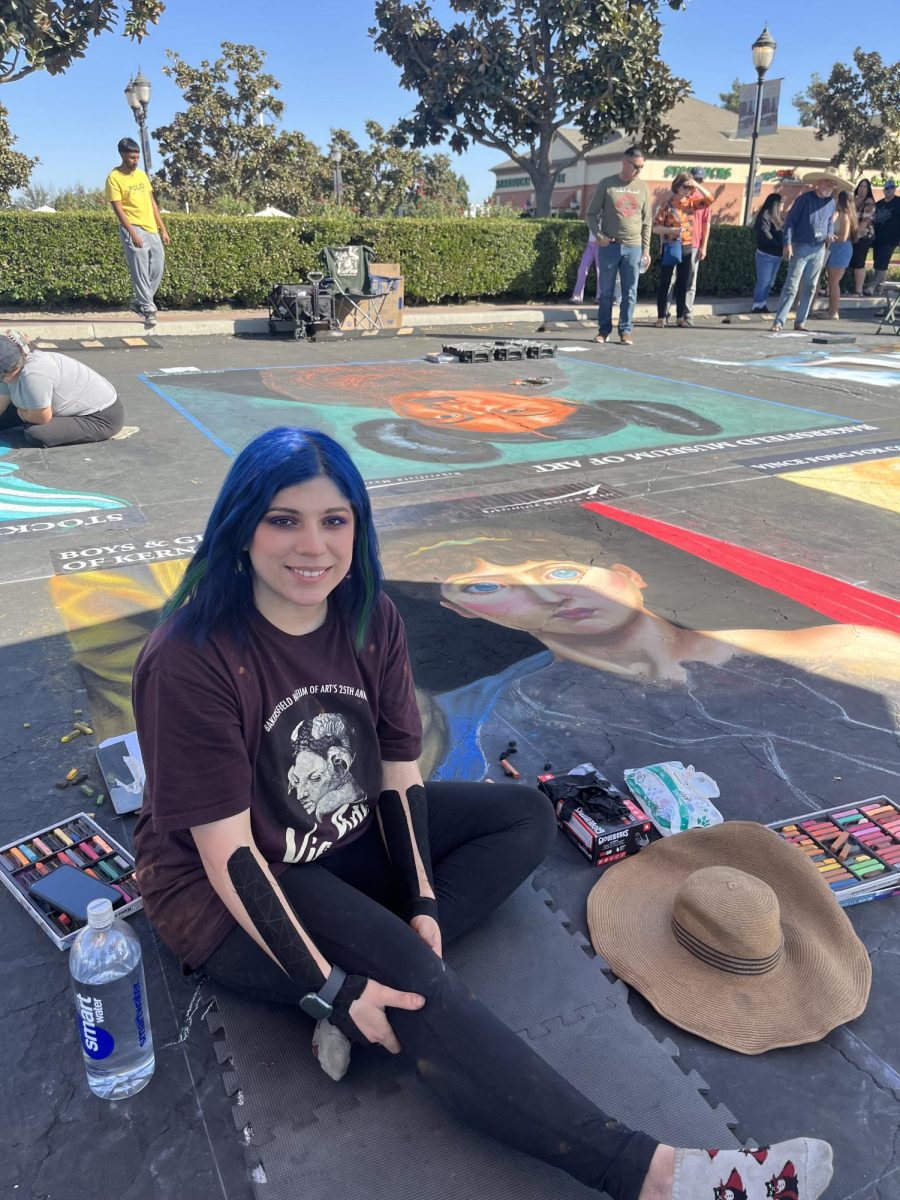The Renegade Table talks about our founding fathers and slavery
October 9, 2020
The first webinar of the Renegade Table this year was called “Our founding fathers owned slaves. Can we admire them?” It started with a presentation of Reggie Williams about the topic of the day. He proceeded to explain what is the Renegade Table.
According to Williams, the Renegade Table is a series of panel discussions that are supposed to present a social idea or political issue that might affect the community. There is a diversity of issues that are discussed in the Renegade Table.
The discussion started with the BC professor Pamela Boyles. She assures that she is not used to discussions of this kind, but in her classes, she always brings up a topic about any social issue and uses books about social justice in teaching her students.
Boyles stars her point talking about how Hitler tortured Jewish people in his times. She took out the questions: what would happen if Hitler had won the war? What would the history books say about him?
Boyles said that we should admire our founding fathers despise that they owned slaves. However, according to Boyles, the best way we can admire and respect our founding fathers, it is by creating the union of the nations. She used Thomas Jefferson as an example and explained that there are documents that showed that he thought slaves should be free, but that they should be colonized elsewhere. However, Jefferson was not very comfortable with having slaves.
Then, the talk turns to prof. Michael Harvart. He used Thomas Jefferson as an example of his speech as well. He showed a map with the countries that abolished slavery before 1750, and America at the time of the revolution was surrounded by slaves’ territories.
Harvart mentioned that he usually asks his students what they would do if they were in that time. He said that all his students always say that they would abolish slavery or fight for it. However, Harvart said that it was hard to go against the popular opinion and that he is very sure that they would not do so, which is okay to admire our founding fathers.
The conversation turned to Erin Miller, who explains the political situation of some socialist countries such as Cuba and Venezuela. She recommends people to read about those countries, and about some other socialist countries, to realize that people from socialist countries are dependent on the government. She ensures that it is a debt less life for the government.
“All the revolution in Venezuela and Cuba and all of these places,” said Miller “The thing that happens every time, is you just have a different group of oppressors.”
Miller states that 12 million Africans were captured on the continent of African, which was made up of 100 countries. Of those 12 million slaves, 97% were sold by Africans to Europeans. She ensures that before the United States 90% of society in England were peasants.
She explains that most of the criticism on the United Stated is not raised by African Americans, Latinos, women, undocumented or documented people, but for a group that shares a political bent called cultural Marxism.
They made a Q&A round, so the people could make some questions to the panelists. One of the questions was about if there is not any other social status about men and slaves?
Miller answered the question by explaining that, in her opinion, Jefferson and Madison especially created their documents and government structure in a way that they knew it would eventually destroy people like them to gradually erode that system.
Some of the questions were about what everything of that has to do with the founding fathers. Harvart explained and analogy that he would apply to himself: we all believe in helping the poor and starving children in Africa, but we spend the money on ourselves anyway.
The webinar ended with information about the next Renegade Roundtable that will be at the same time on Nov. 18th, in which they will discuss a topic about civil disobedience and civil unrest.







